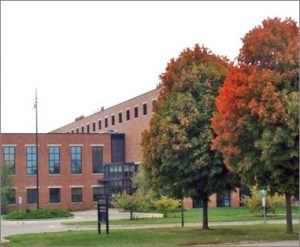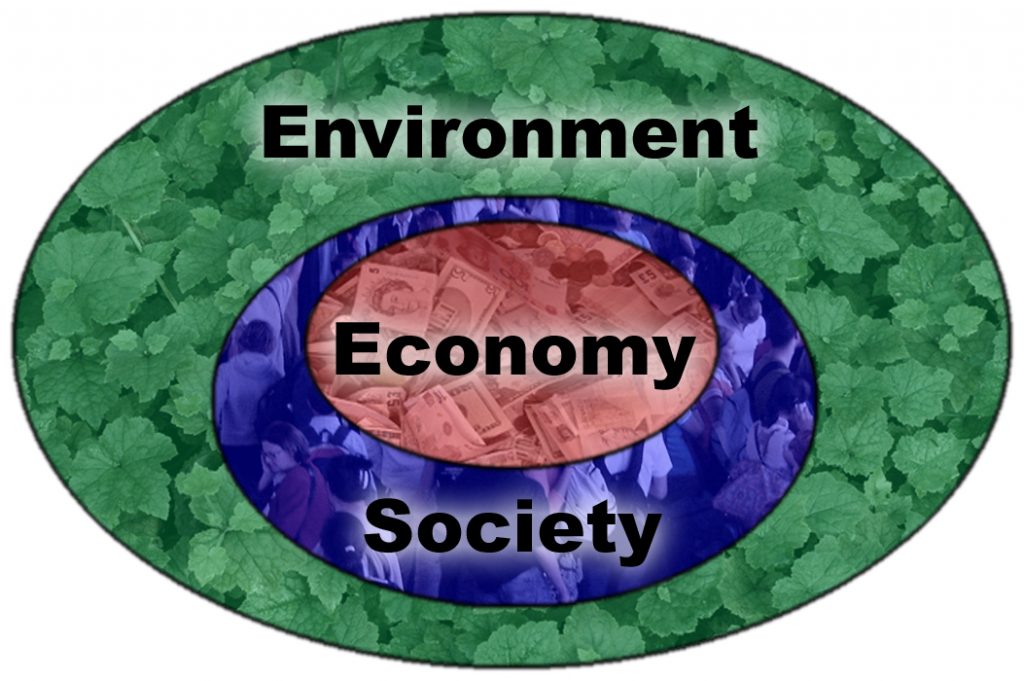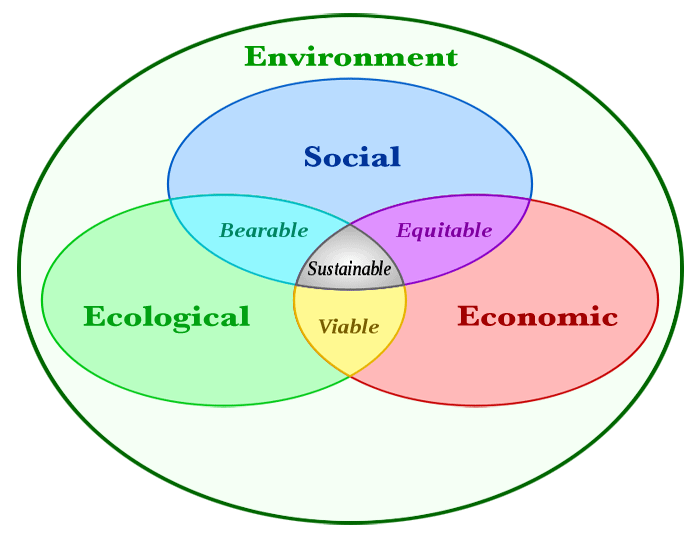The Technical Assistance Program (TAP) makes companies and communities more competitive and resilient with sustainable business practices, technologies, and solutions. TAP works at the intersection of industry, science, and government to help clients achieve profitable, sustainable results.

TAP is part of the Illinois Sustainable Technology Center, which is a division of the Prairie Research Institute (PRI) at the University of Illinois Urbana-Champaign. PRI comprises five state scientific surveys: the Illinois Natural History Survey, Illinois State Archaeological Survey, Illinois State Geological Survey, Illinois State Water Survey, and Illinois Sustainable Technology Center. Previously embedded within a state agency, these units were moved into the University of Illinois in 2008.
PRI provides research, scientific expertise, and objective data that benefit the environment, economy, and people of Illinois and beyond.
ISTC’s mission is to encourage and assist citizens, businesses, and governments to prevent pollution, conserve natural resources, and reduce waste to protect human health and the environment in Illinois and beyond.
TAP is part of a state scientific survey, but we are a completely non-regulatory entity. When we visit your facility, it is solely to help you identify and implement opportunities to improve your environmental performance, efficiency, and cost savings. We don’t issue citations and are not there to gather information for regulatory agencies. That said, we can assist you in ways that will not only ensure environmental compliance but often take you beyond compliance to become an example of best practices for others to emulate.
TAP respects the need for clients to protect sensitive or proprietary information. Interactions and recommendations provided as part of a free initial site assessment are kept confidential, and we do not share deliverables resulting from paid projects (e.g. reports, tools, study findings, etc.) without permission. If you decide to engage TAP on a contractual basis, we can work with your organization on an appropriate non-disclosure agreement (NDA) or confidentiality agreement, if desired.
We are part of the University of Illinois, but academic research is not our job. Our job titles may include terms such as “scientist” or “researcher,” because we’re part of a research institution, but we’re not engaging you to conduct research at your facility, involve you in student projects, or discuss theory. Of course, if your organization is interested in such things, we have a wealth of connections within our own institution, university, and other academic institutions. We’d be happy to facilitate your search for, and introduction to, collaborators in academia. However, our focus is on applied science. TAP team members apply their scientific expertise to address specific challenges and opportunities at your facility for real-world results.
Sustainability is about more than protecting the environment. Reducing or eliminating negative environmental impacts is a big part of what we do—but it’s not the only thing we do. Though environmental aspects may immediately come to mind when you hear the term “sustainability,” economic and social performance are also key attributes of sustainable solutions. Our recommendations are formulated to achieve balance among environmental, social, and economic factors, and when implemented may save you money in the long run, while simultaneously improving stakeholder relations, protecting human health, and fostering environmental integrity.


To learn more about our programs, services, and projects, explore the “What We Do” section of this site.
To engage our services, explore the “Work With Us” section of this site. We also encourage you to learn more about our team members’ experience and expertise by reading their profiles on the “Staff” page. Feel free to reach out to team members directly for assistance in specific areas of expertise.

